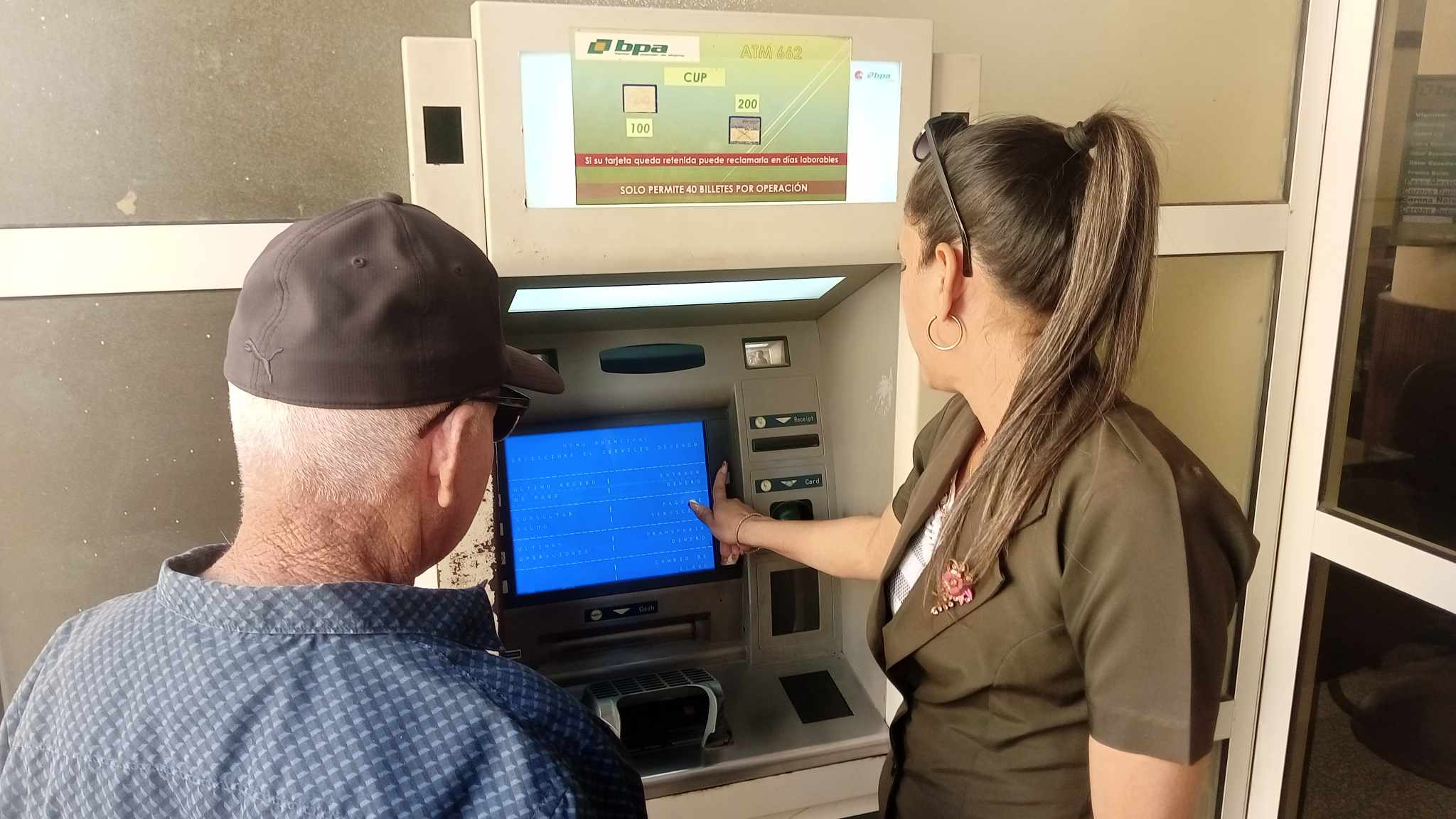
Camagüey, May 3.- Raising the financial education of the population and achieving effective communication with the different actors in the economy become strategic objectives of the specialists of the Banco Popular de Ahorro (BPA) in the province.
The above was revealed in statements to the press about the bankingization process in which the entire Cuban society intervenes just over two months after the implementation of Resolution 111 of the Central Bank of Cuba.
Miguel Picanes Estrada, provincial director of the BPA in the territory, highlighted that in the 20 branches, with a presence in all the territories except Najasa, training is carried out and advice is given to the staff of MSMEs, self-employed workers, agricultural producers, artists, non-agricultural cooperatives, productive forms and state companies on the payment platforms and services available.
He emphasized the importance of demanding legality and mentioned some irregularities such as tax evasion and uncontrolled sales flow, which threaten the development and advancement of this activity.
Among the work priorities to improve services, the actions for electrical backup through photovoltaic panels, the centralization of accounting, the growth in the domiciliation of payrolls for the payment of salaries through magnetic cards, as well as the actions of training that to date total more than 15 thousand.
Banking has many benefits, he added, while mentioning the need to use digital gateways to pay for services because the authorization of ATMs is still insufficient due to the lack of liquidity.
With almost thirteen thousand clients from the different economic actors in the province and mandatory to increase that figure, the BPA in Camagüey has 20 ATMs, 24 savings banks, nine business areas and 20 bank branches, in addition to the extra cash service. through the QR code.
They have a trained staff of 850 workers, where 75 percent are women who provide information and advice, as well as through institutional profiles on Facebook, Twitter, Instagram and Telegram. (Gladys Dailyn Morera Cordero/Radio Cadena Agramonte) (Photo: Radio Reloj/Archive)